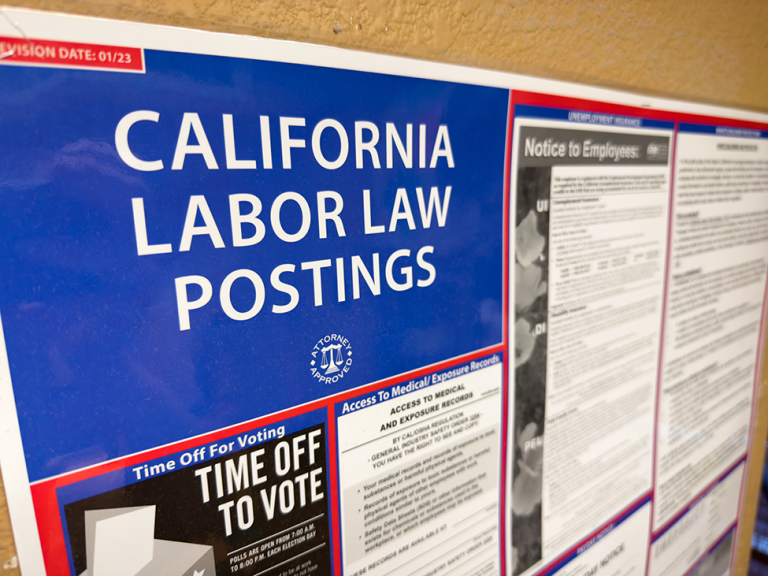By Jean H. Power
Many of our clients, regardless of the type of case they have, may have a labor and employment law issue. Below are common questions that relate to minimum wage and overtime pay. If you encounter a client who may not be getting paid properly, please refer them to Jean at the employment law department to see if we can help them.
ARE YOU GETTING PAID MINIMUM WAGE?
Beginning on January 1, 2022, if you work for an employer with 26 or more employees, the State of California provides that you must be paid at least $15 per hour. If you work for an employer with 25 or fewer employees, the State of California provides that you must be paid at least $14 per hour. Many California Cities and counties may have higher minimum wage rates. And agricultural workers may be subject to different minimum wage rates. If you are not being properly paid minimum wage, you should contact the Law Offices of Scott Warmuth at 626-363-2140 to see if you have a legal claim against your employer.
DOES MY IMMIGRATION STATUS PREVENT ME FROM BEING PAID MINIMUM WAGE?
No. Regardless of your status, all workers in the State of California must be paid at least minimum wage.
WHAT IS OVERTIME PAY?
Generally, under California law, if you are an hourly, or “nonexempt” employee, you must be paid overtime for all hours in excess of 8 hours per day or 40 hours per week. That means, you should be paid more than your regular rate of pay if you work these extra hours.
HOW MUCH IS OVERTIME PAY?
Eight hours of labor constitutes a day's work, and employment beyond eight hours in any workday or more than six days in any workweek requires the employee to be compensated for the overtime at not less than:
- One and one-half times the employee's regular rate of pay for all hours worked in excess of eight hours up to and including 12 hours in any workday, and for the first eight hours worked on the seventh consecutive day of work in a workweek; and
- Double the employee's regular rate of pay for all hours worked in excess of 12 hours in any workday and for all hours worked in excess of eight on the seventh consecutive day of work in a workweek.










